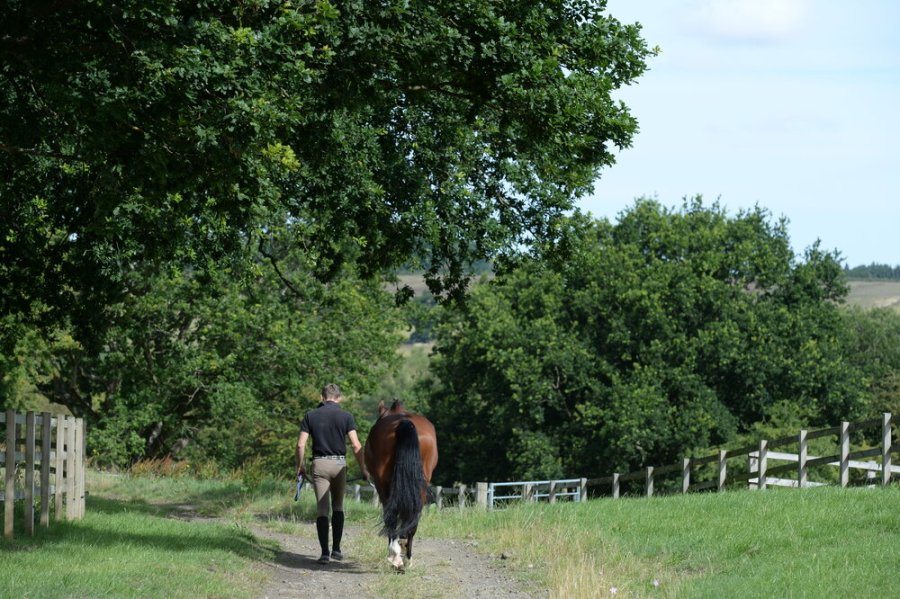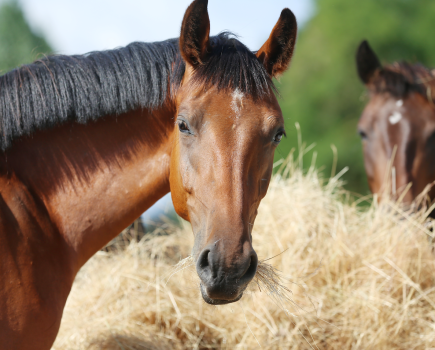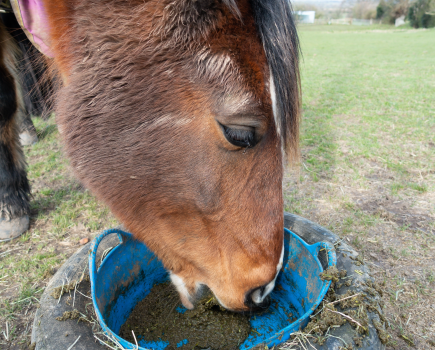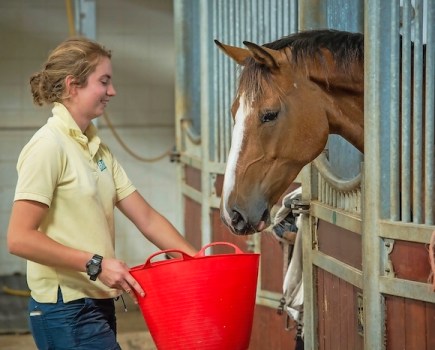The seasons are changing, and your yard may be moving onto summer turnout arrangements. During this time it’s important to support your horse’s transition as you go from, for example, four hours’ turnout a day to being out 24/7 on spring grass.
Stephanie George, nutritionist at Saracen Horse Feeds explains that any dietary change that your horse experiences should be made slowly.
This doesn’t only apply to hard feed. Changing from hay to haylage, or from hay to grass is still a dietary change and will affect the function of the hindgut if not done correctly.
The hindgut is full of microbes, bacteria and other organisms that are very sensitive to change – they can take weeks or even months to adapt.
Winter grazing
Horses who have had restricted access to grazing over the winter months will have been more reliant on conserved forage sources, such as hay and haylage, and their hindgut microorganism population will have adapted to using a larger quantity of this food type for energy.
Winter grazing is often sparse and of much poorer quality than spring grazing, so not only will the abundance of new grazing be a big change for your horse, but the nutritional value will too.
Digestive upsets, such as diarrhoea and colic, can easily occur if the transition to new or different pasture isn’t dealt with correctly.
Monitor changes
During this adjustment period it’s important to keep an eye out for any subtle or not so subtle changes in digestive function.
Bear in mind that horses with previous digestive issues may require a longer period to adapt.
They may also benefit from a gut balancer or hindgut buffer being introduced during this time to help support hindgut function.
Acclimatisation
When introducing your horse to more (or better) grazing, restrict turnout for a few weeks to allow him to acclimatise.
Start by allowing him access for an hour a day, and increase this by half an hour or so each day.
During this time, it’s important to include periods away from grazing and also to provide the same hay he’s been eating over the winter.
Depending on the quantity of the grazing in the field, you may need to reduce the amount of hay you provide to reduce the risk of excess weight gain.
After a few weeks your horse’s digestive system should have adapted to the change in forage and he can then be turned out 24/7.
Don’t miss the latest issue of Your Horse Magazine, jam-packed with training and veterinary advice, horse-care tips and the latest equestrian products available on shop shelves, on sale now.









